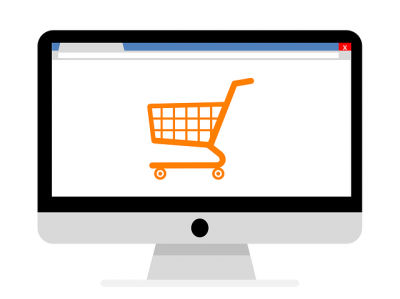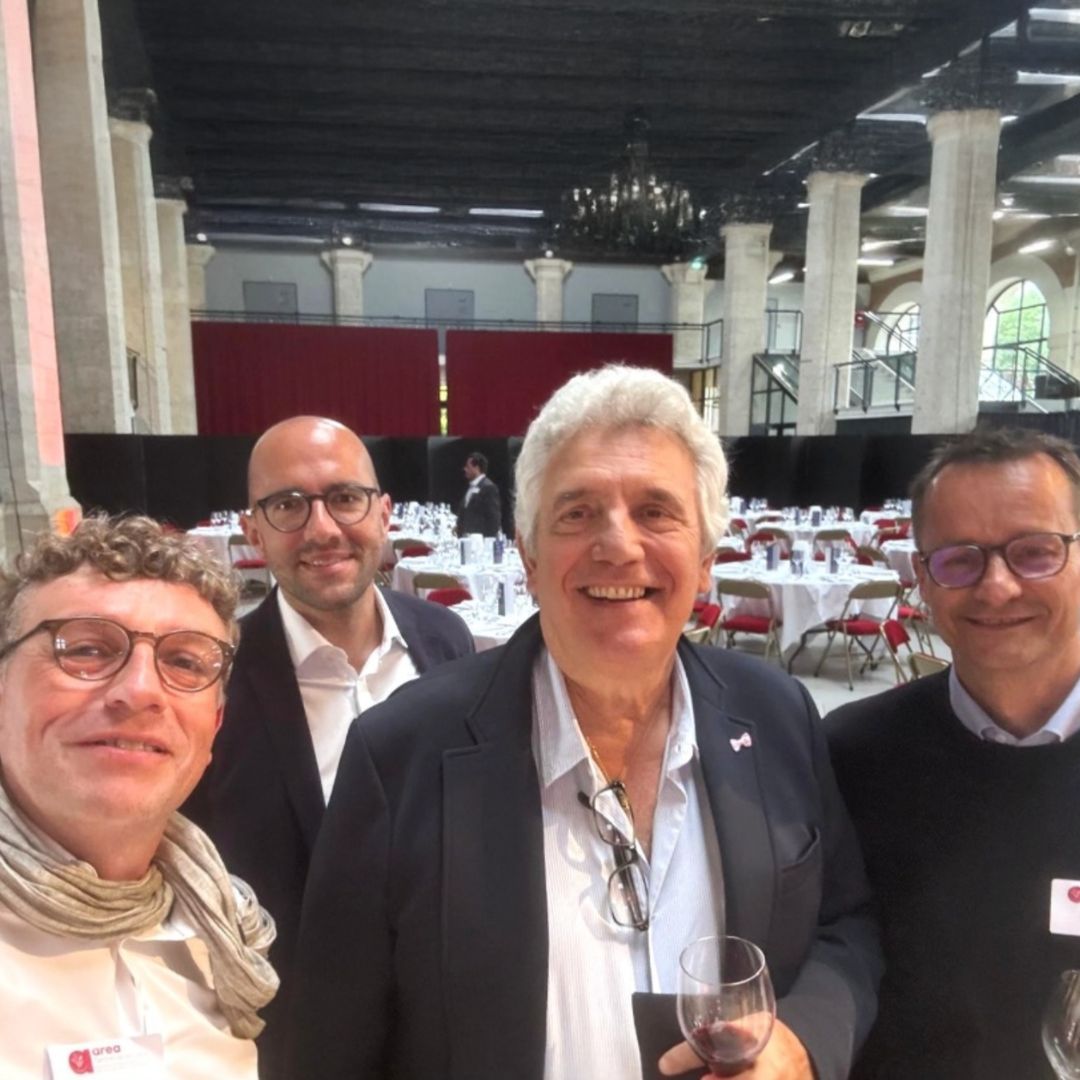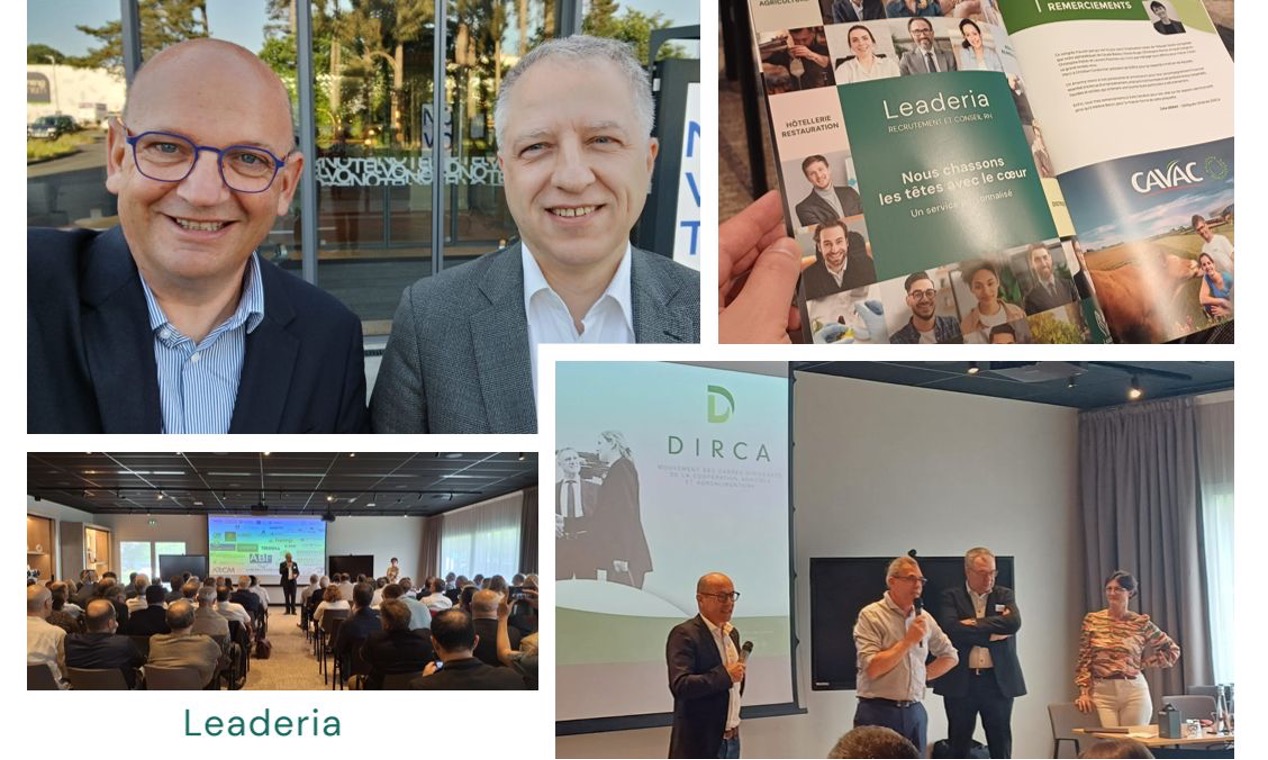
The current pandemic has ultimately acted as a catalyst for cyclical and structural economic trends. The agriculture and agri-food industry, like all industries, is not spared. The crisis on internal (talents) and external resources (raw materials, inputs, foodstuffs and products/services) shows us that we have entered a long period of scarcity economy, a thesis supported by many economists.
In addition, under the threat of global warming and with the emergence of compliance issues, legislators are tightening the regulatory arsenal. In addition to the EGalim2 law currently being assessed, there is the Duty of Vigilance, the Sapin II law (under review), and more broadly the CSR (Corporate Social Responsibility) obligations and the PACTE law.
So how do you gain competitive advantage in this environment?
It is necessary for companies to revise their business models and develop their competitiveness through levers that are still little used: purchases in the food and agricultural sectors!
There are many areas to explore:
- The design of products and services that consume less resources (innovation), involving, where necessary, suppliers
- The implementation of less costly processes: digitalization, agility,… and the development of a culture of frugality controlling expenses by effectively negotiating supplier contracts
- Better monitoring of risks, in particular suppliers and CSR
- The “re-enchantment” of the customer/supplier relationship that results in better service at a better cost
In any case, the purchasing and supply functions in the food industry contribute value and create a differentiating competitive advantage which is urgent and relevant to address.
We are at your disposal to continue the exchange!
These articles might interest you

We Almost Played Handball with Claude Onesta
Leadership and Performance: What Companies Can Learn from Elite Sports At the AREA Centre-Val de Loire Gala, Claude Onesta, former head coach of the French handball team, delivered an inspiring and practical management lesson by blending his elite sports experience with business challenges. Aurélien VÉTAULT and Louis-Simon FAURE were present to hear a […]

We visited… The DIRCA congress in Angers
Leading Through Uncertainty: Key Takeaways from the DIRCA Annual Congress As agricultural and agri-food cooperatives face a series of profound changes — environmental transitions, regulatory pressures, and technological upheaval — the question of leadership has never been more central. The 2025 DIRCA Congress, the annual gathering of senior executives from the agricultural and agri-food cooperative […]

Interim management: when experience meets AI
From the ground to the table, AI will have taken just a few months to establish itself at every level of the value chain and reshuffle the cards. AI is optimising logistics, reducing waste and streamlining customer paths. The key role of interim management But while […]